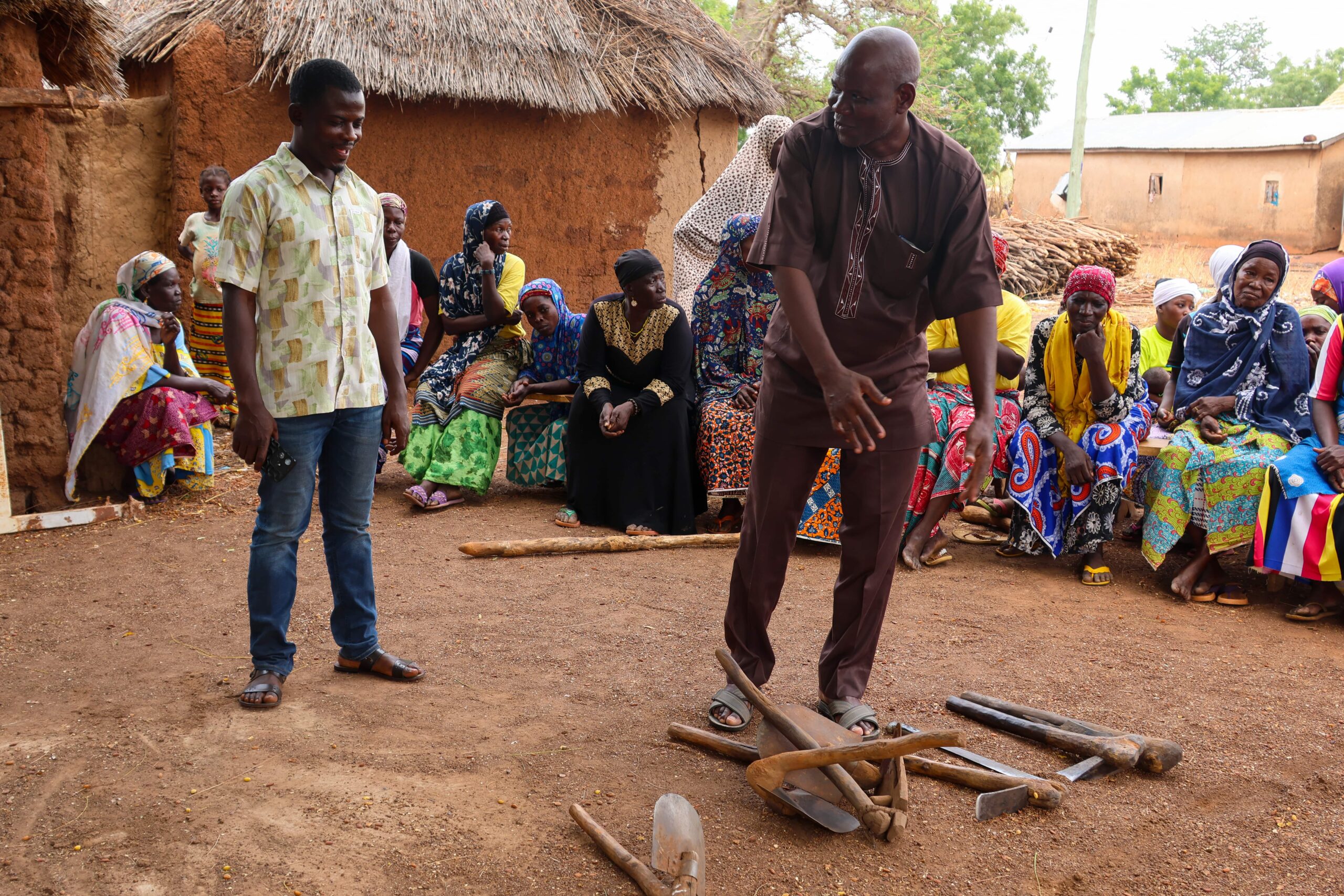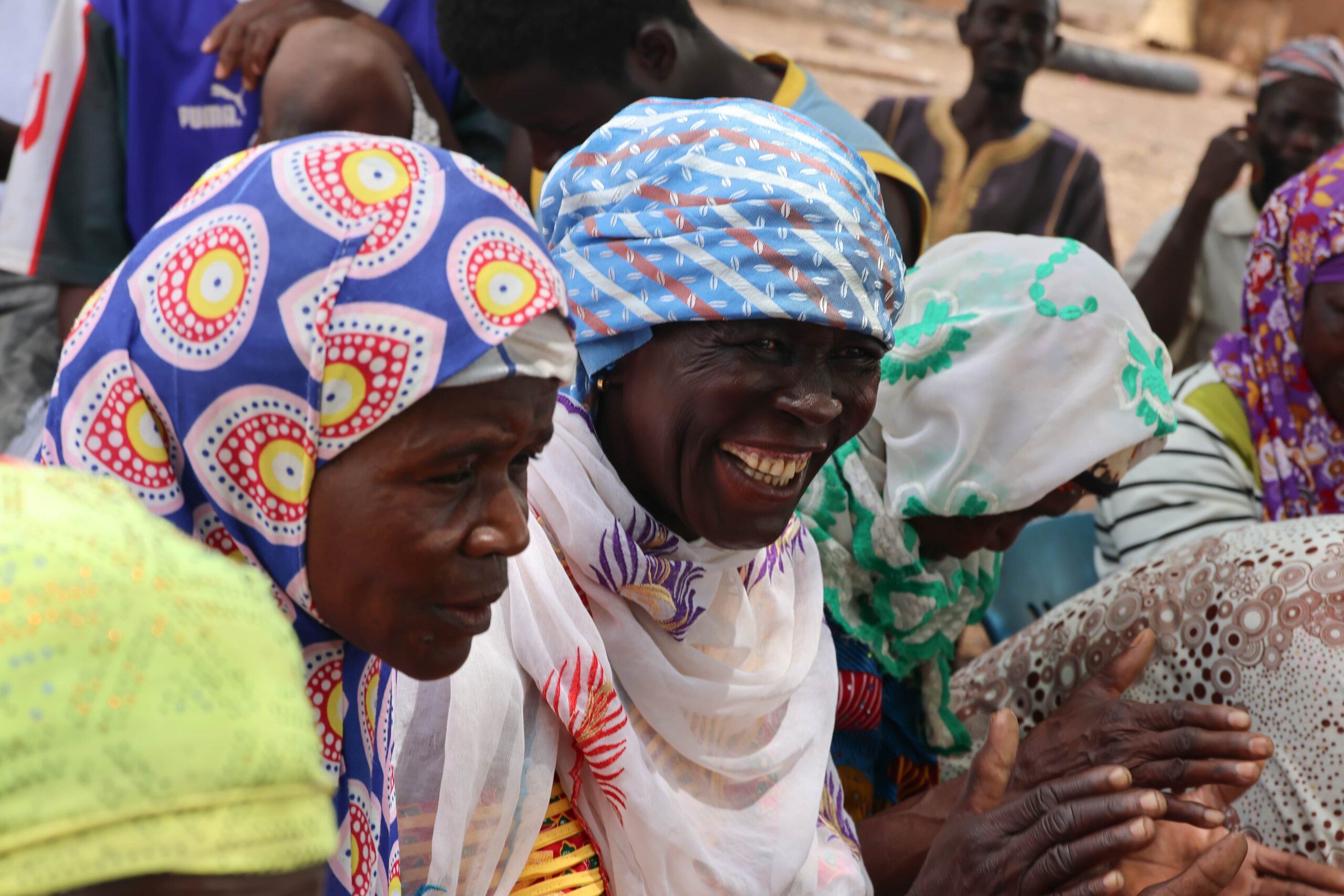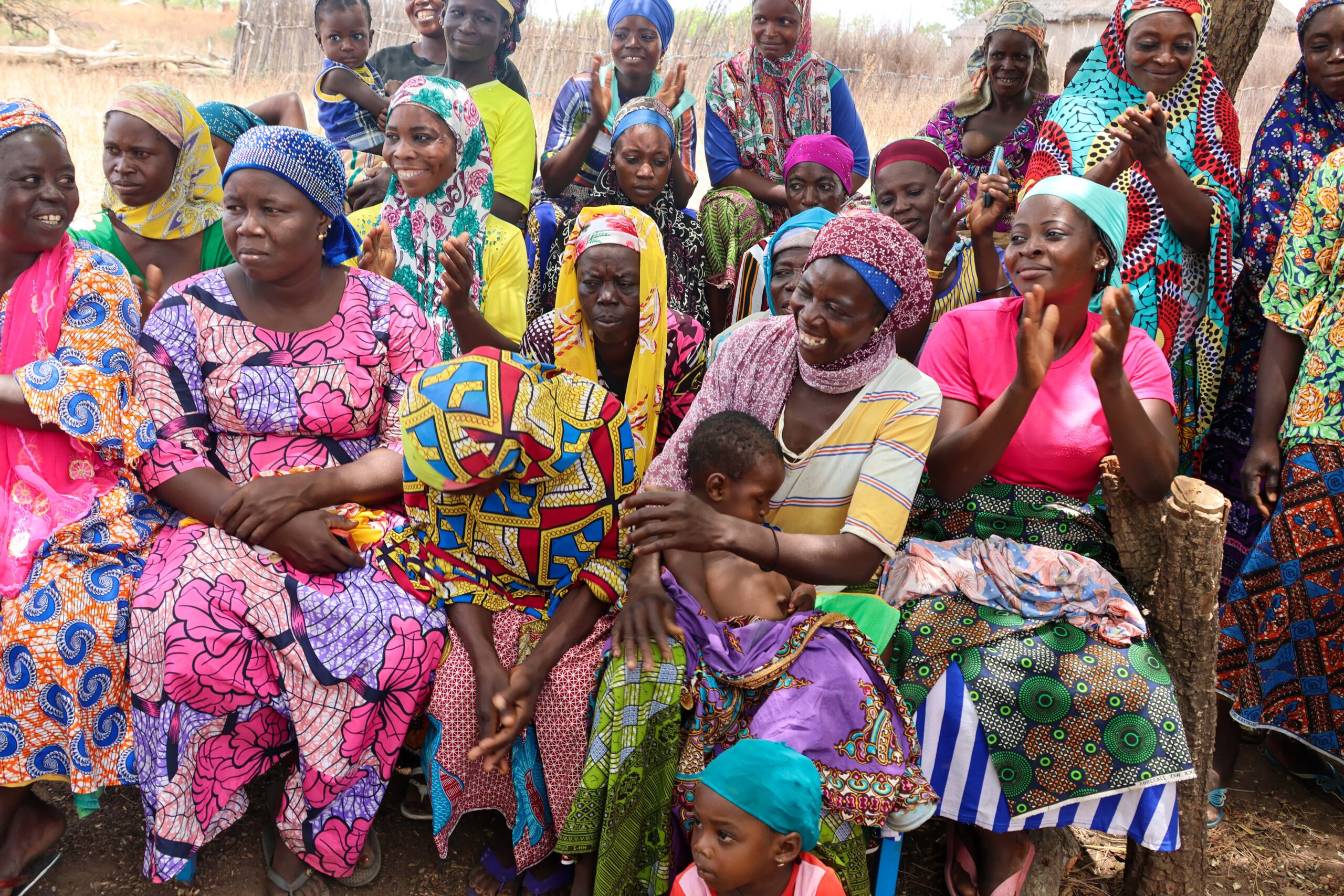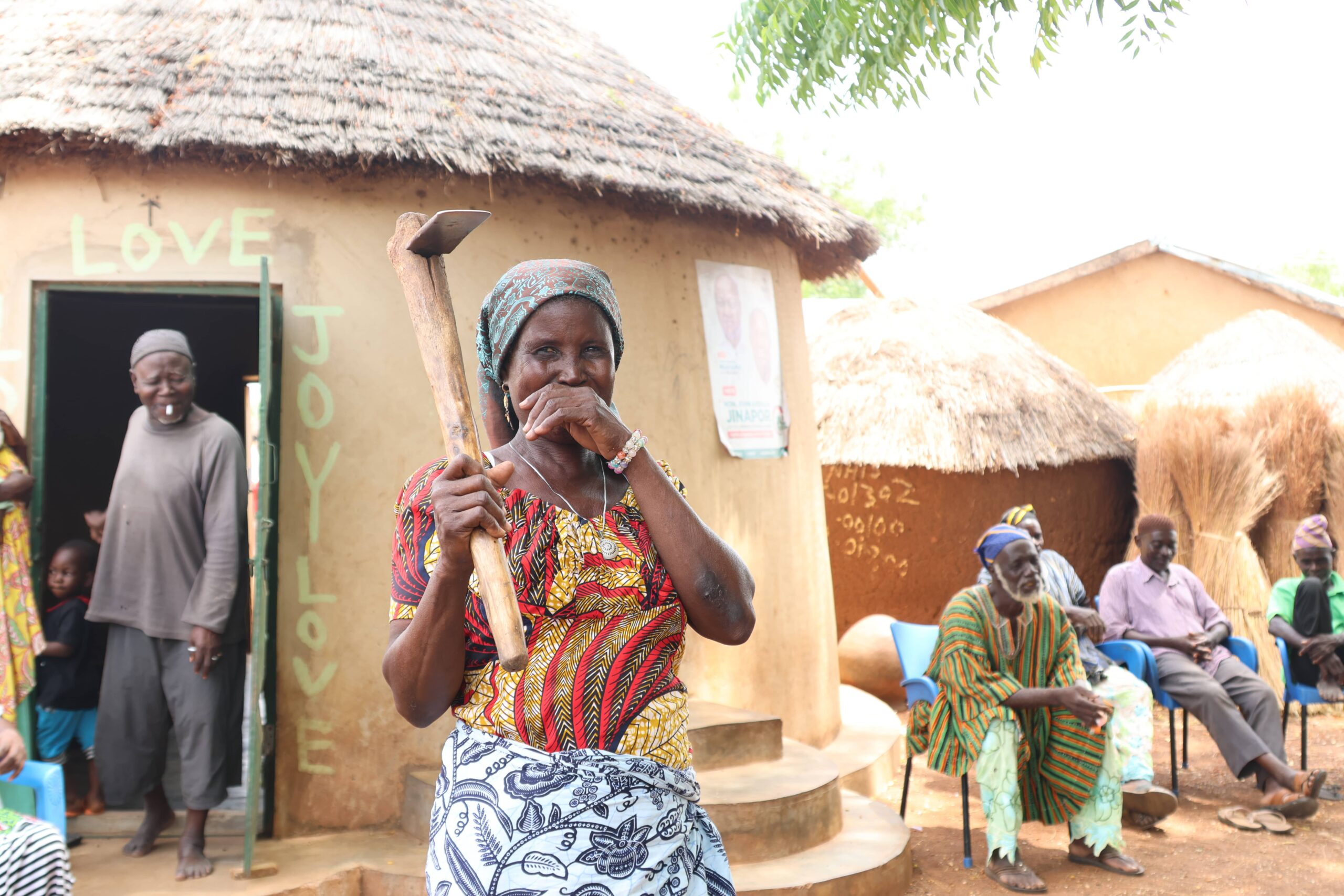Community-led development, not dependency
Real, lasting solutions to hunger, poverty, and climate change don’t come from top-down programs; they come when communities are empowered to lead themselves. This is why our West Africa Regional Coordinator, Tsuamba Bourgou, recently brought together our NGO partners from Burkina Faso and Ghana for a hands-on training to strengthen the leadership and skills of communities and help spread agroecological practices, farmer-to-farmer.

“It is essential to put farming communities in the driver’s seat, so that they can define their action plans, implement them, and create their own solutions,” said Tsuamba. “Then, they can build networks with other communities in their districts, and engage as citizens with local government for the right supports and policies.”
Over the years, Tsuamba has developed a simple methodology to support villages to create Community Agroecology Committees. Community members meet to discuss how to address the food insecurity and poverty they live with daily. They decide how to create a representative leadership structure, and ongoing coordination mechanisms.
The nascent Agroecology Committees then identify priority challenges and make plans for groups of farmers to experiment with simple techniques to harvest rainwater, improve soil fertility, and diversify and increase food production. Once they validate what practices work in their local context, they create farmer-to-farmer networks to spread them. “This is farmer-led innovation and community-led development,” said Tsuamba, “not dependency.”

Does this approach work? We just completed an external impact evaluation showing that it does. In eastern Burkina Faso, working with our local NGO partner Association Nourrir sans Détruire (ANSD), 89 communities have improved their lives through Agroecology Committees and similar initiatives. Some of the impacts:
🌱The more fully farmers adopt agroecology, the more their incomes, yields, and resilience improve. Indeed, advanced agroecological farmers have increased their average yields by 77%, in comparison to other farmers.
🌱The Living Income Benchmark for rural Burkina Faso is US$ 2,112, yet typical farmers in the program area earn only US$1,331 per household. The advanced agroecological farmers we support are exceeding the benchmark, generating US $2,951 per household.
But how do the farmers feel? Here is what a few of them have said:
“Now I know how to keep water in my fields, even when the rains stop early.”
“Through the agroecology committee, we have been able to reduce the cutting down of trees. We are also improving our seeding methods with simple roller planters.”
“We’re going to build a demonstration site so others in our village can learn too.”
Your continued support is critical to strengthen the capacity of more communities to spread these impacts. We invite you to join us in empowering more communities to sustainably overcome hunger, poverty, and climate change through initiatives like Agroecology Committees – ensuring power stays in the hands of local farmers.


